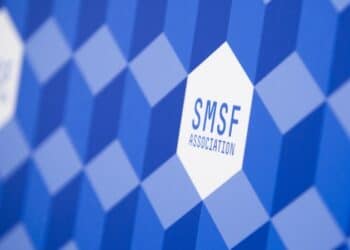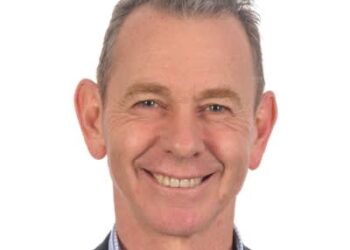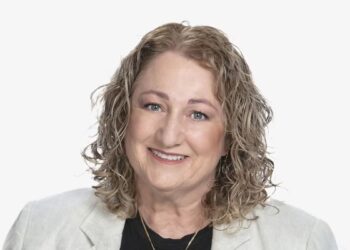Burgess said the highlight of last week was a closed-door meeting hosted by independent Member For Wentworth, Allegra Spender and Senator David Pocock to discuss the method of taxing unrealised gains on super accounts of more than $3 million.
“Discussions with the Senate crossbench are ongoing. There is great concern about taxing unrealised capital gains and plenty of interest in amendments that address this egregious element of the bill,” he said.
“If this new tax is intended to be a tax on earnings, then it should be a tax on earnings rather than a tax on a manufactured calculation of earnings that bears little resemblance to actual taxable earnings and includes amounts that members have not received or may never receive.”
He continued that it is important to remember there are significant differences between actual taxable earnings and the definition of earnings in the bill.
“As I said at the roundtable meeting, as soon as you depart from actual taxable earnings as the basis for the calculation, there will be plenty of unintended consequences and unfair outcomes, and that’s exactly how this proposed new tax will play out,” he said.
“The only way to remove unrealised capital gains is to use actual taxable earnings. We stressed this point in Canberra and provided amendments that index the cap and replace the government’s calculation of earnings with actual taxable earnings, or a proxy for actual taxable earnings if actual taxable earnings cannot be identified and reported to the ATO.”
Burgess said the SMSFA has suggested the 90-day bank bill rate as a proxy for actual taxable earnings, because this rate is used as an “earnings” proxy in other areas of superannuation legislation.
“If actual taxable earnings cannot be identified, for the purposes of calculating Division 296 tax, the member would be deemed to earn the 90-day bank bill rate on their opening total super balance for the income year. The proportion of these earnings attributable to the balance over $3 million would then be used to calculate Division 296 tax,” he said.
Additionally, he noted that while deeming has received a lot of media attention in recent times, it is important to remember that deeming is just one part of the SMSFA’s sought amendment. The association is still pushing for actual taxable earnings to be used for members in funds who can identify and report actual taxable earnings.
“Members who have accumulated large super balances have not broken the law, nor have they circumvented the caps or ‘got away’ with anything,” he noted.
“These balances were accumulated during a time when legislative settings not only allowed this to occur but encouraged it. To now impose a tax penalty on these members, which to me is what a tax on unrealised capital gains is, flies in the face of the core principles underpinning our tax system – fairness, simplicity and efficiency.”
Finally, Burgess said while the government has the numbers to pass the bill in the lower house, it needs the support of independents to pass in the upper house.
“While this bill is unlikely to be defeated in the Parliament, we are focusing our advocacy efforts at amendments that address the most egregious elements of the bill,” he said.
“These are still a possibility. With the bill likely to be debated in the Senate during the August parliamentary sitting days, the next month will be a critical period in our push for these amendments.”



Great work Peter, you speak for all of us.
Best wishes